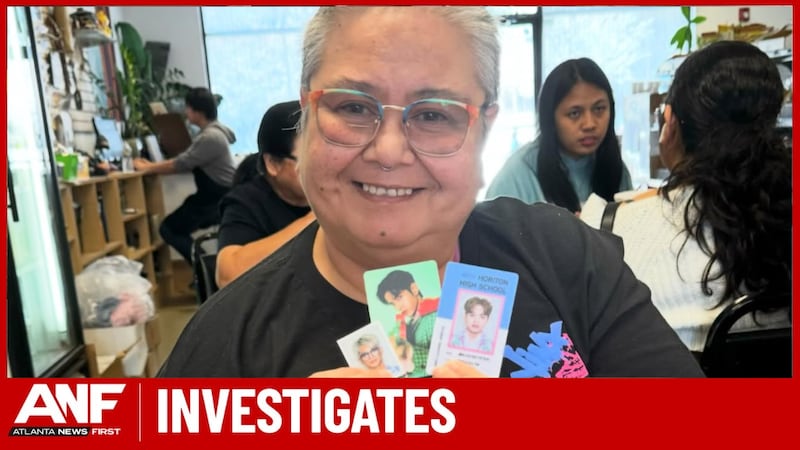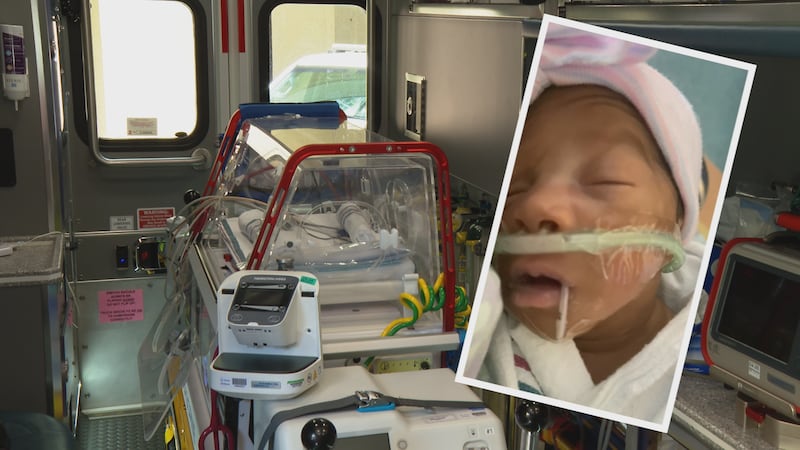S.C. bill would expand access to child-care job opportunities

COLUMBIA, S.C. (WRDW/WAGT) - It’s a reality causing headaches and heartburn for too many South Carolina families: Looking for child care and calling around centers, only to find that none have room or have monthslong waitlists.
A major driver of South Carolina’s shortage of child-care options — similar to what many other states face as well — is a shortage of workers.
South Carolina leaders have pledged to do more to ensure every family has access to high-quality and affordable childcare.
Now lawmakers are advancing their first attempt this year at doing something to solve that: S.862.
“While this bill will not fix all woes involving the hiring process and the need for staff in childcare, we do believe it’s a step in the right direction,” Connelly-Anne Ragley of the Department of Social Services (DSS) told senators during a subcommittee hearing on the bill this week.
That’s why DSS is advocating on behalf of childcare providers for the age of S.862, sponsored by Sen. Katrina Shealy, R-Lexington.
“We’ve heard from providers directly in our childcare landscape that hiring is a barrier,” Ragley said.
Legally mandated staff-to-child ratios often dictate how many kids can attend a childcare center: For those younger than one, there must be one worker for every five babies, with the ratio scaling up as children get older.
So if a center has trouble hiring, fewer children can be enrolled there.
“If we want these centers to stay open, we have to give child-care providers more flexibility,” Ragley said.
This bill would remove an existing requirement, that for workers to be hired at child-care centers, they must have six months’ experience doing that job or be directly supervised by an experienced coworker for six months.
“This doesn’t change any requirements at the federal level, such as the FBI fingerprint, background check, the check of the child abuse and neglect registry in the states where they have recently lived and also here in South Carolina,” Ragley explained.
This bill would also expand the educational requirements for childcare providers, to give more potential workers an opportunity to fill jobs.
Currently, childcare providers must have a high school diploma or GED.
This bill would expand that to also include people with a Certificate of Completion or a South Carolina High School Employability Credential, an option the legislature enacted in 2017 to prepare students with disabilities with the skills to be employed, beginning with the 2018-2019 school year.
The nonprofit Able South Carolina, which advocates for people with disabilities, said this change in law could help an “untapped workforce,” people with disabilities, fill these critical and open positions.
“While we have had success, we need to continue eliminating barriers to employment for our community,” Able South Carolina Director of Employment Programs Marly Saade said.
This bill also aims to strengthen training for childcare providers by requiring they complete 15 hours of health and safety training within three months of being employed.
The legislation had its first hearing this week in a Senate subcommittee, which advanced it up to the full Senate Family and Veterans’ Services Committee.
Copyright 2024 WRDW/WAGT. All rights reserved.















